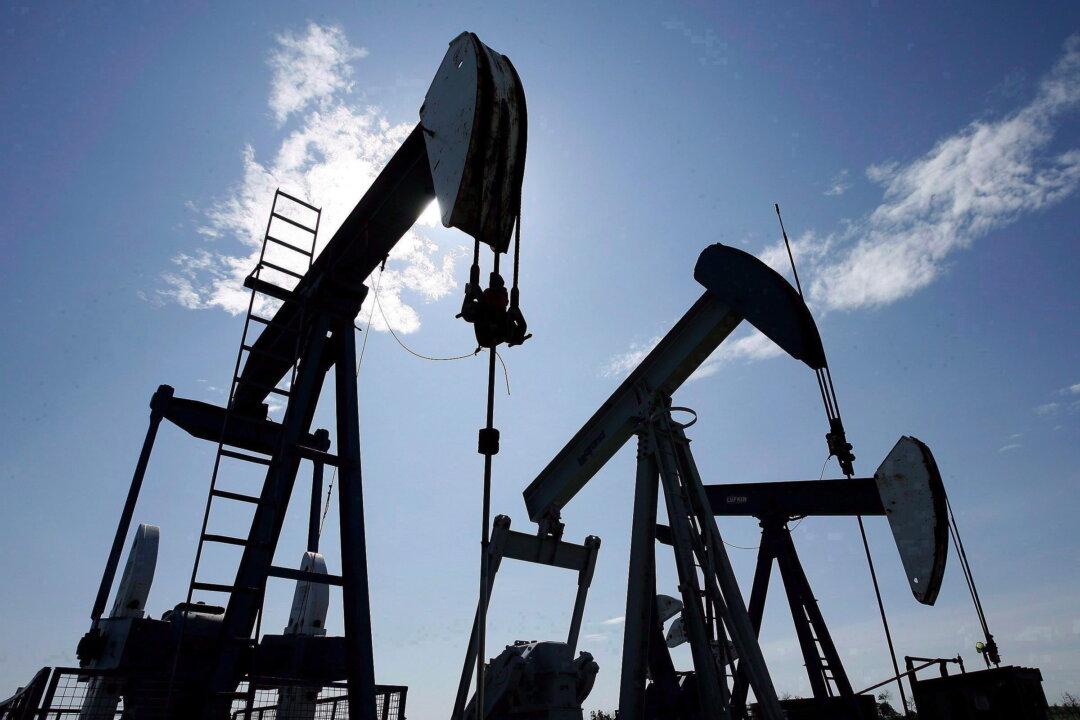More than half of Quebecers say their province should develop its own supply of oil instead of importing it, a new poll finds.
Conducted by Ipsos on behalf of the Montreal Economic Institute (MEI), the online poll shows that 52 percent of Quebecers believe that their province should develop its own oil resources rather than importing all the oil it consumes.





